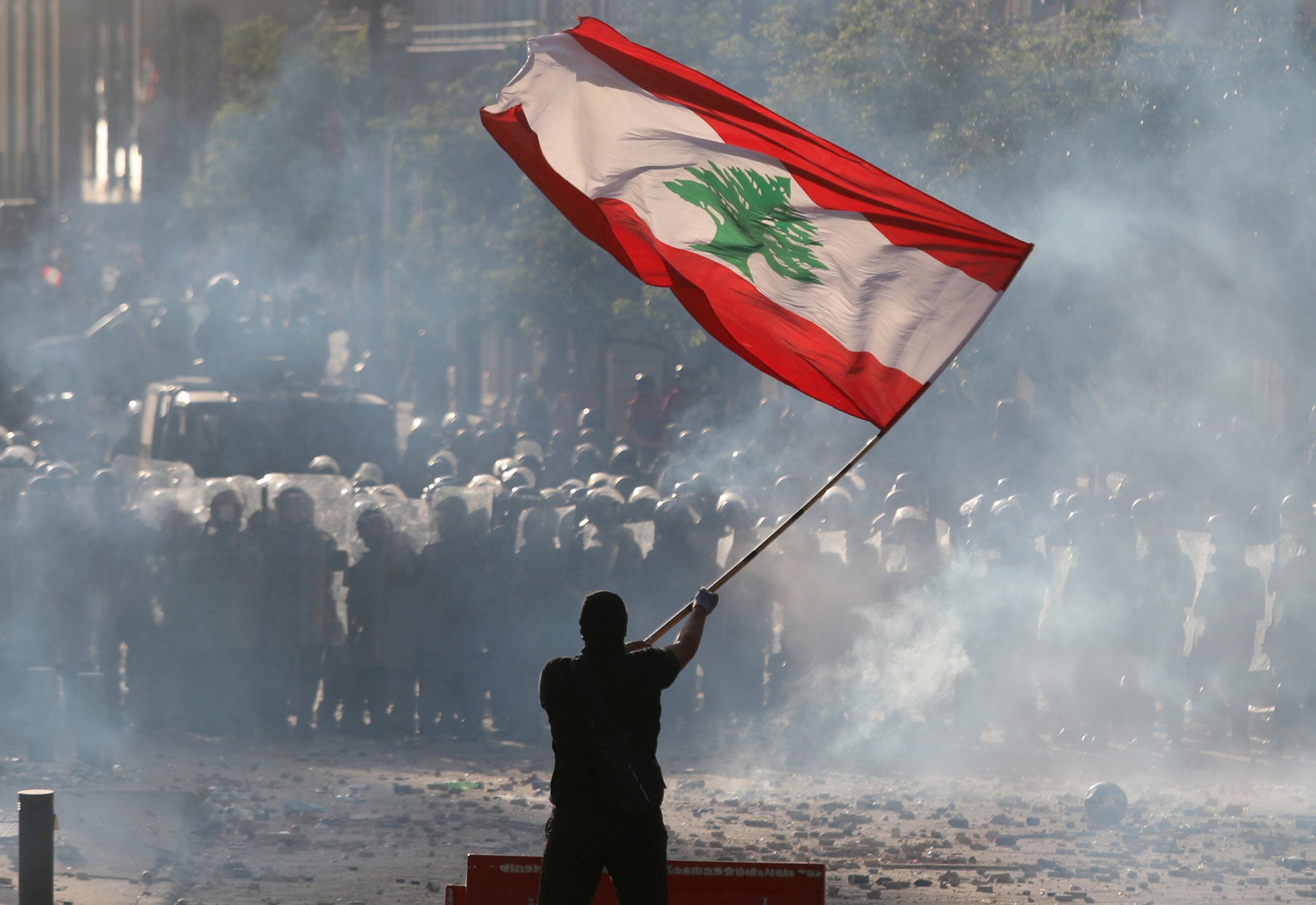ROME – Catholic charities in Lebanon are applauding Pope Francis decision to invite the country’s Christian leaders to the Vatican on July 1 to pray for peace and stability in the country.
“It’s a very positive thing,” said Father Michel Abboud, president of Caritas Lebanon. “The pope is always thinking about Lebanon, refusing to leave us alone, refusing to leave the fate of Lebanon in the hands of its politicians.”
The country’s political class, long accused of corruption and putting personal interests ahead of those of the nation, is part of the problem, Abboud told Crux over the phone on Wednesday, three days after Francis announced at the end of the Sunday Angelus prayer that he had issued the invitation.
“Politicians stole Lebanon,” the priest said. “Our political leaders have an endless string of wrong doings on their backs.”
The situation in Lebanon, Abboud said, is “extremely critical,” with people having lost 90 percent of the dollar value of the wages since late 2019 due to inflation, causing havoc in a country that depends on imports for most basic goods. The COVID-19 pandemic fueled the worst recessions locals have seen since the 1975-1990 civil war, and more than half of the population of six million is living under the poverty line.
“People are experiencing a great need, they are hungry, and this is why Caritas continues carrying out its mission of helping people as much as we can: At this point, it’s not about helping them live, but about helping many to not die, by providing them with food, medicine and whatever else we can give,” he said, thanking international donors, particularly the Lebanese diaspora, for their generosity.
The country’s past experience, with the civil war and many other violent events, he said, “is not good,” and religious coexistence, guaranteed by the country’s constitution and political system, is key. As such, the meeting of the country’s top Christian leaders with the pope to address what Francis described as the “worrying” crisis in the country is a “source of hope.”
Lebanon’s three main Christian denominations are the Maronite Catholic Church, the Melkite Catholic Church, and the Eastern Orthodox Church, but there are several other smaller Christian communities from Protestant, Oriental Orthodox and smaller Eastern Catholic denominations. An estimated 35 percent of the country is Christian, and Lebanon is the only nation in the region where Christians retain considerable political power.
Lebanon has a unique power-sharing system, that stipulates that the president has to be a Maronite Christian, the prime minister has to be a Sunni Muslim, and the speaker of parliament has to be a Shia Muslim.
However, since an August 4, 2020 explosion in the port of Beirut, the country has been without government: The previous government resigned in the aftermath of the disaster and the political leadership has been unable to reach an agreement to form a government.
The blast killed 211 people, wounded more than 6,000 and damaged entire neighborhoods.
The papal foundation Aid to the Church in Need (ACN), is currently carrying out over 50 projects in Lebanon and contributed almost 4 million euros ($4.9 million) through various efforts, mainly rebuilding in the Christian quarter of Beirut following the explosion, but also for the support of the work of priests and religious and for the work of the Church in welcoming and supporting refugees from Syria.
On Tuesday, they released a statement welcoming the announcement of the emergency meeting in the Vatican, saying that “Lebanon needs our prayers and our solidarity more urgently than ever.”
Responding to the announcement, Dr. Thomas Heine-Geldern, the executive president, said that ACN is “delighted to hear this announcement and welcomes it unreservedly. By means of it the Holy Father is showing how greatly concerned he is for the fate of the people of Lebanon. Lebanon is the linchpin and cornerstone of Christianity in the Middle East and needs our solidarity and prayers more urgently than ever.”
Quoting Pope John Paul II, Heine-Geldern said Lebanon “is more than a country – Lebanon is a message.”
“However, the future of Christianity in the region that was the birthplace of our faith has become increasingly bleak in recent years,” he continued. “The exodus of Christians from Lebanon and the neighboring countries of the Middle East is continuing unabated. We are witnessing this situation at first hand through our project partners. Political instability, corruption and economic crisis are tearing Lebanon apart.”
Archbishop Joseph Spiteri, the papal representative in Lebanon, said that the Vatican summit will be held in the spirit of the one held in Bari in 2018, under the auspice of “Mediterranean, frontier of peace.”
In remarks to L’Orient-Le Jour, Spiteri also regretted the fact that there’s been no positive outcome on the negotiations to create a government, even when the deadline for new elections is “looming. One wonders what game someone is playing.”
The nuncio is also convinced that there are “external causes” behind the governmental impasse. He refused, however, to place the responsibility on one side or the other.
By: Inés San Martín
By: cruxnow.com






